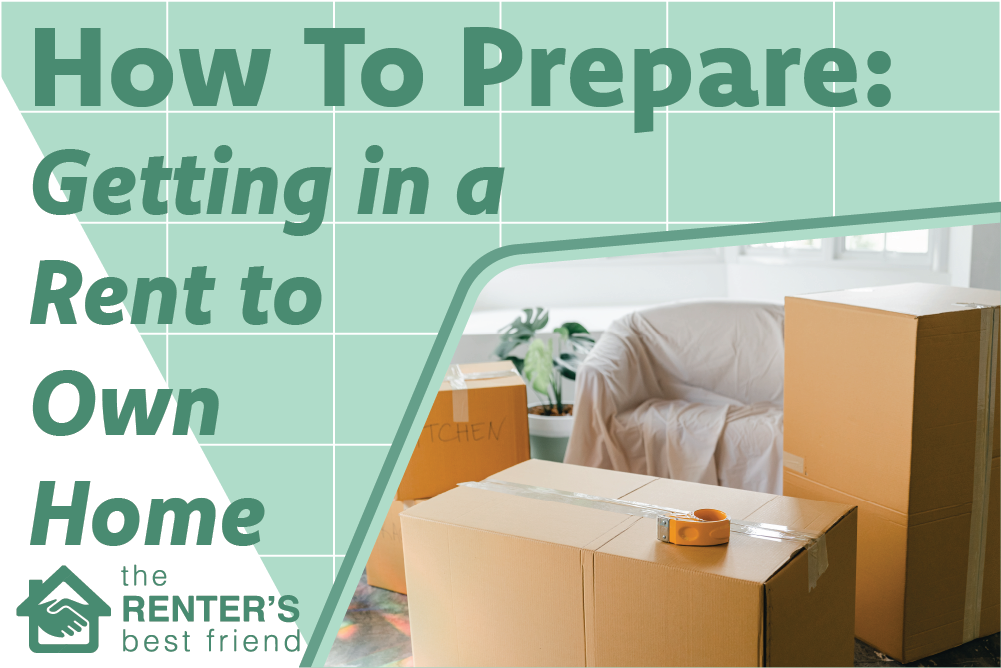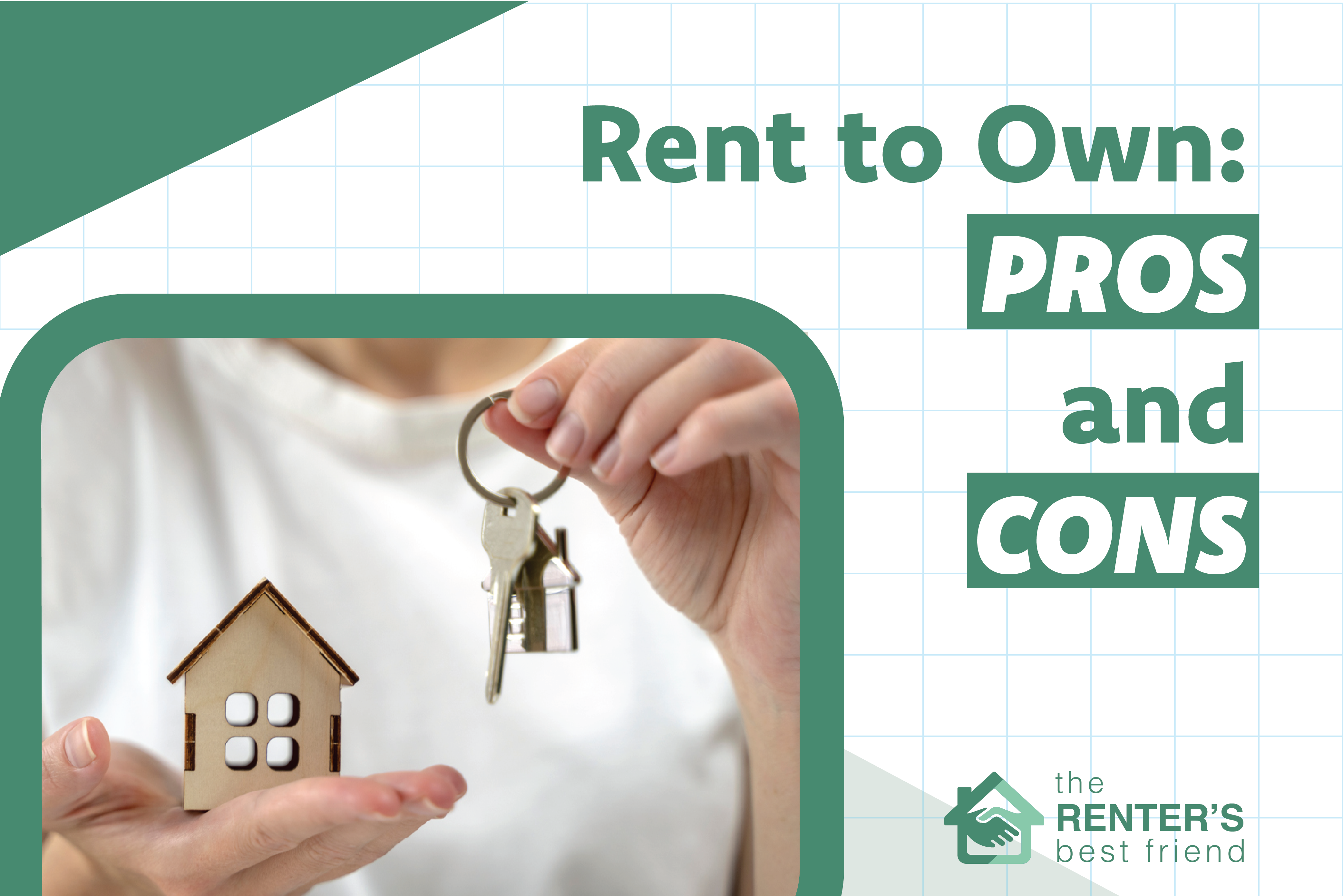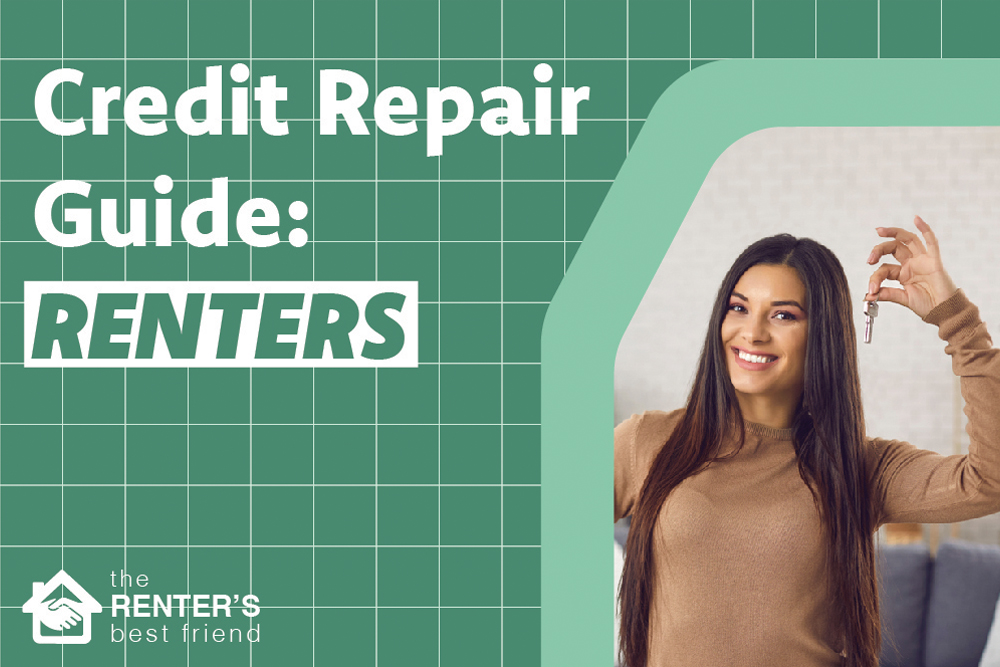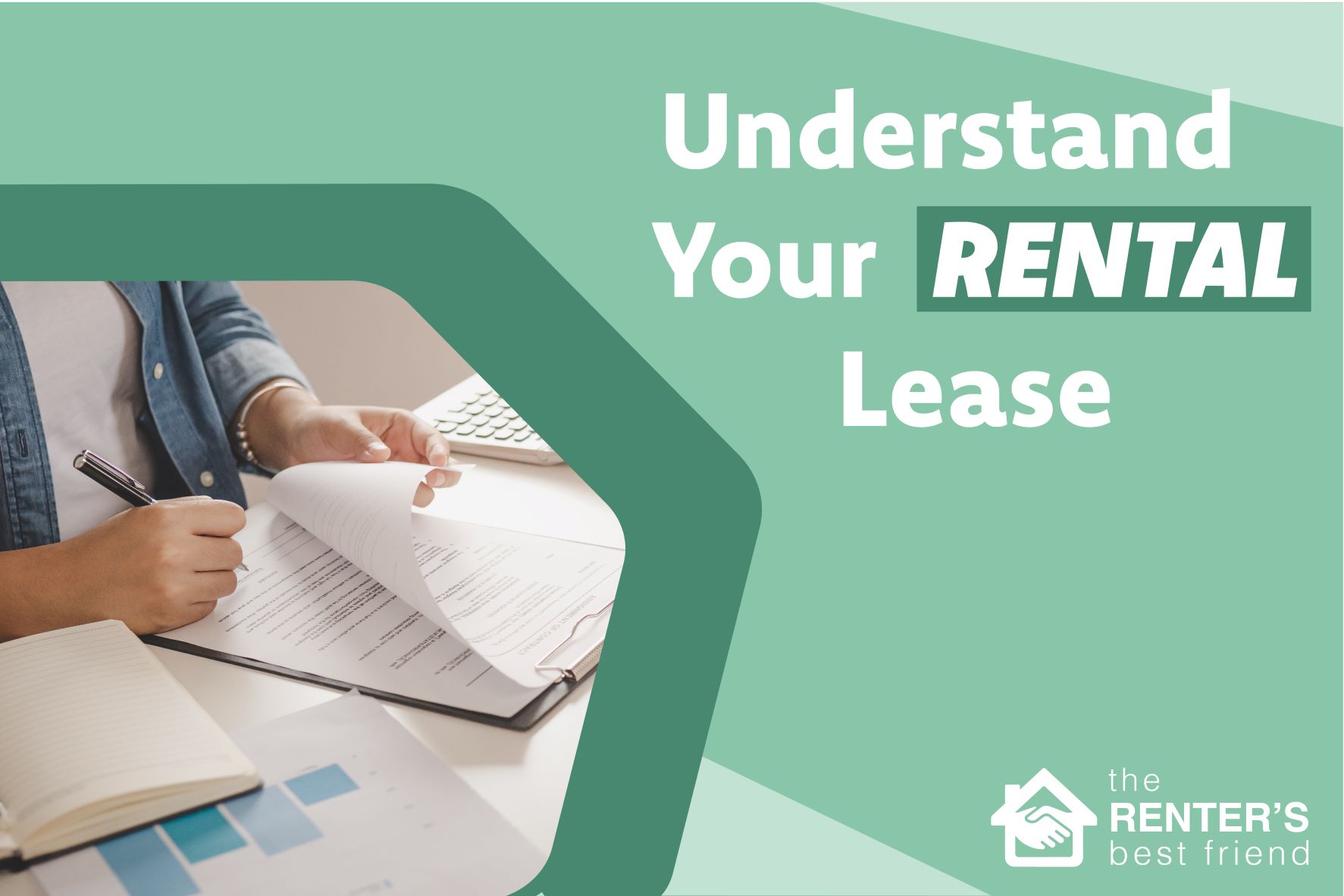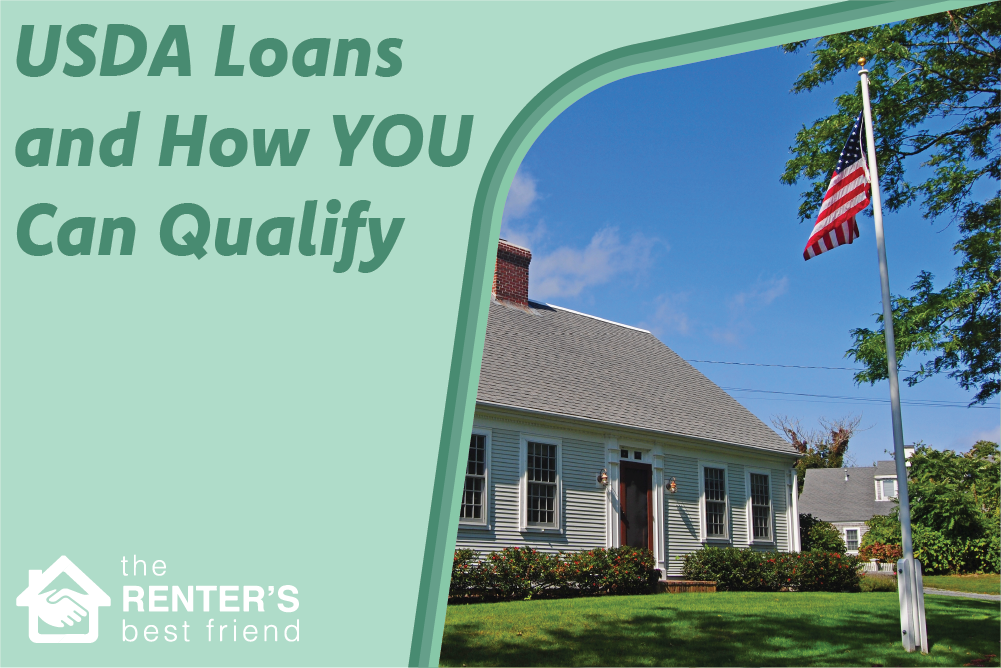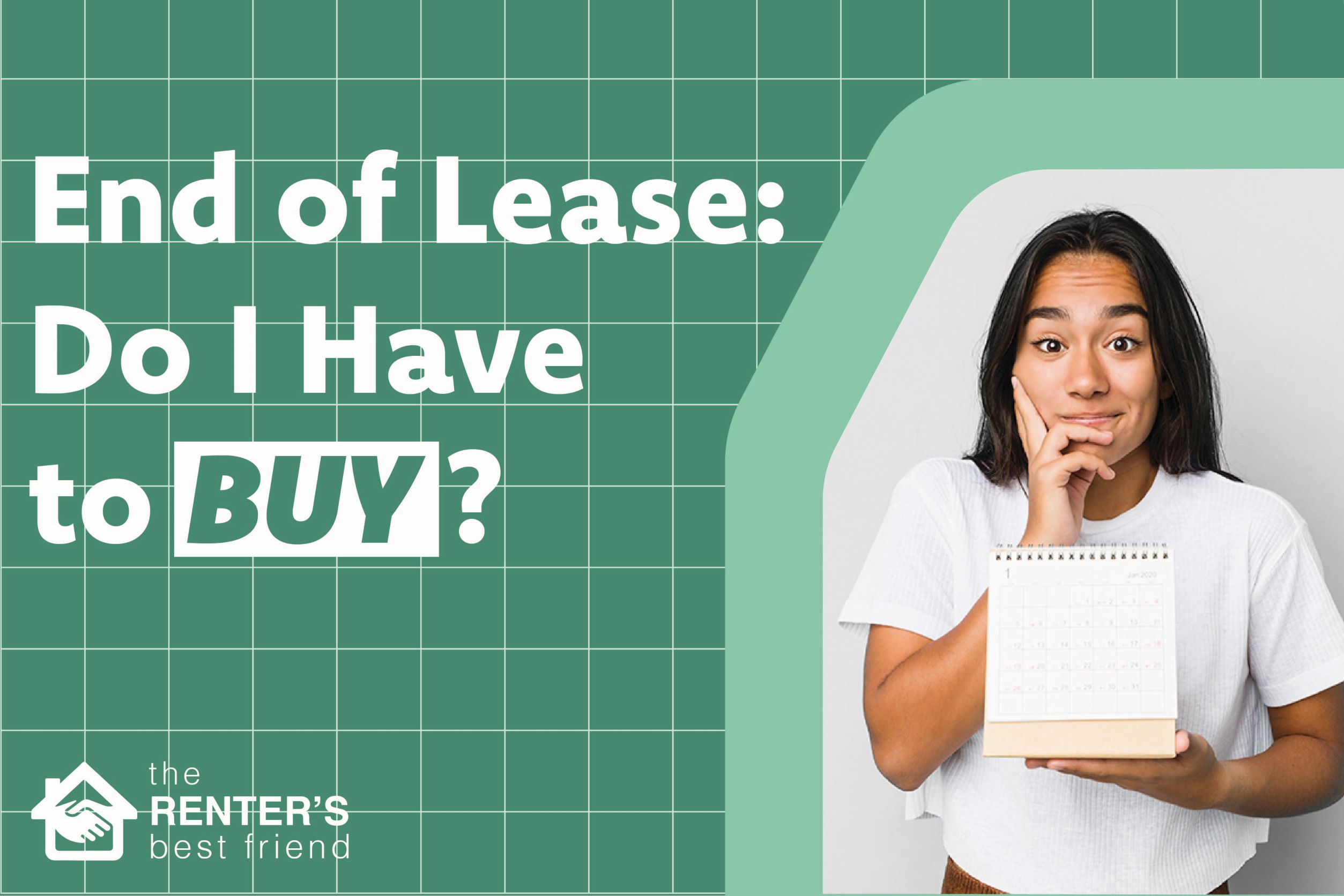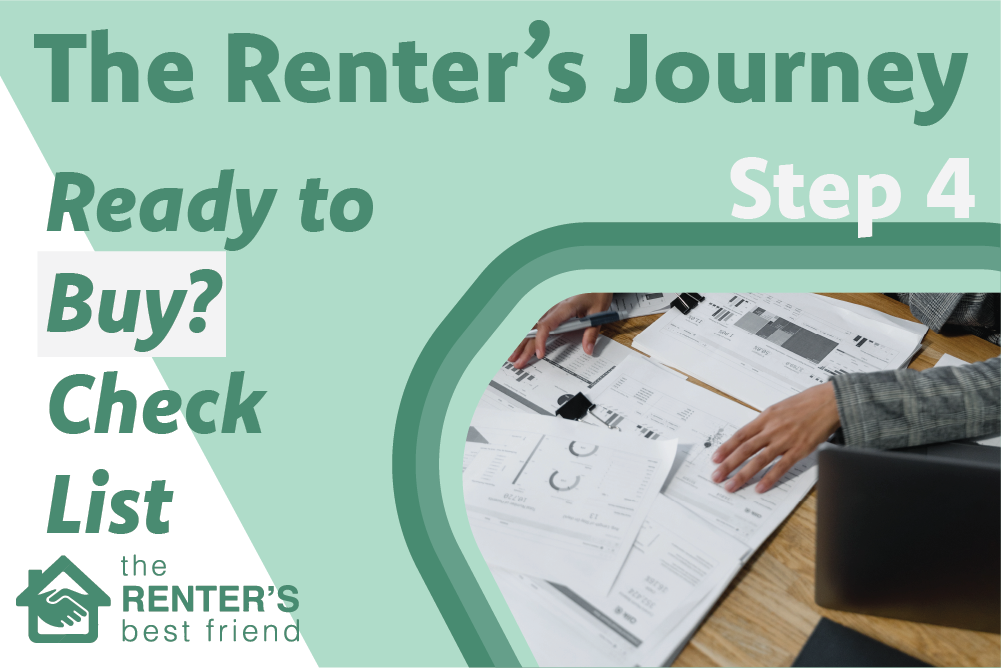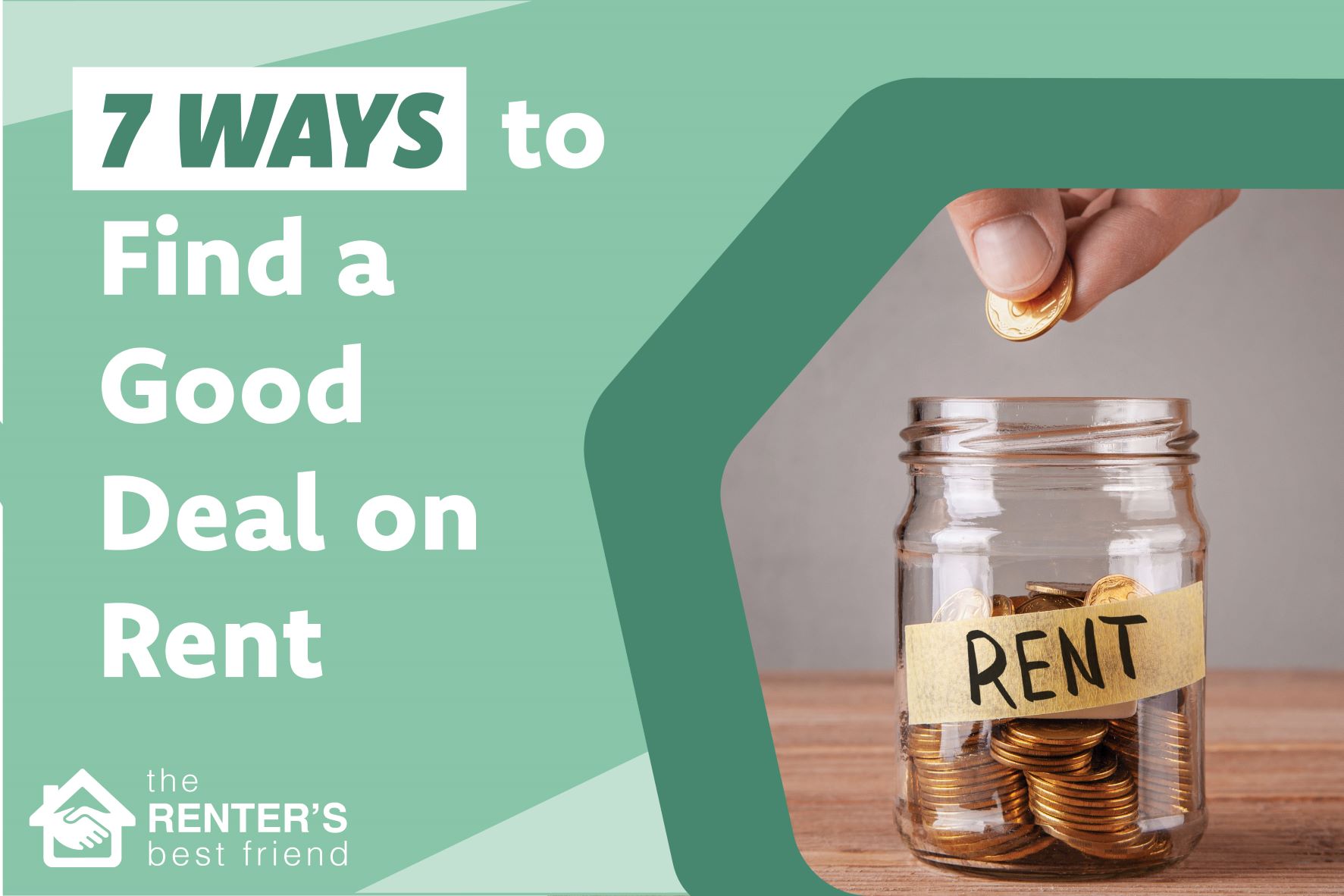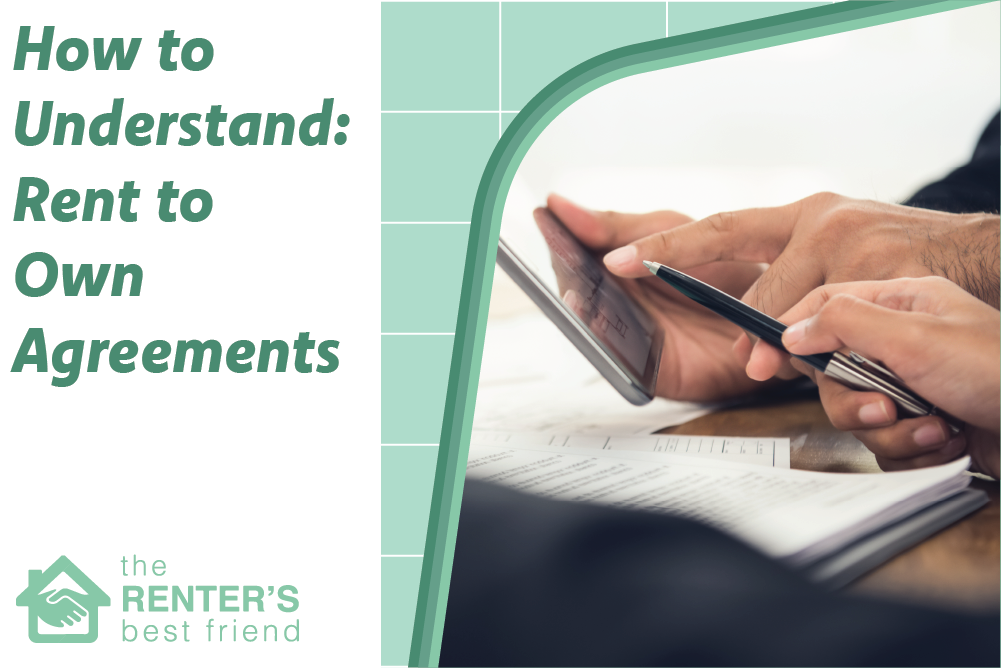However, there is an alternative route to eventual homeownership: a rent-to-own agreement. This is where you rent a home for a certain amount of time — typically two to three years — with the option to buy it before or at the end of the time of lease expiration.
If you haven’t looked to see if you qualify for a rent to own home, you’re missing out on one of the most useful and life-changing rent to own agreements. Click here to see if you qualify– many people are very pleasantly surprised.
Option Buy Fees Explained
These contracts are two-parted: a standard lease agreement and the option to buy at the end of it. While these contracts are worth considering when on the road to homeownership, don’t rush into it without researching your options and protecting your self-interest. It is more complicated than renting an apartment through a landlord or a property management company. Be cautious or else you may end up in a worse situation than when you started!
One of the first steps of looking into rent-to-own contracts is considering your long-term financial goals and where you see yourself at the end of the lease. Learning the difference between a lease option versus a lease-purchase agreement is very beneficial in this instance.
A lease option allows for more flexibility where you have the option to buy the property at the end of the lease but you are not obligated to. This is optimal if you plan on moving to a different area at the end of the lease and do not want to buy the house.
A lease purchase is more legally tricky. Part of the contract may require you to purchase the home. If you are unable to qualify for a mortgage at the end of the lease agreement due to a low credit score or not enough saved for a down payment, you may find yourself being sued in court. You may have also been scammed and lost out on all of the money you have paid in rent toward the down payment if the seller was pocketing the money and not putting it toward the mortgage.
Lease options are almost always preferable because of the aforementioned flexibility and there is little risk of a lawsuit if you are unable or unwilling to buy the home when the lease expires. Determining your options is the same process as outright buying a home. Do your research. Look into the prices for the area and nearby homes, look at the fine print of the contract, and research the seller’s history and reliability.
So, after all of your research, you go for a lease option. What are the upfront costs and fees? You may have heard of an option to buy fee in a rent-to-own home agreement. It’s not a common term, but it’s important to know what it is and how it works. Some people are surprised when they see this fee on their bank statements, but it’s essential for making sure that everything goes smoothly throughout the rent-to-own agreement process.
Again, we highly recommend you begin your research portion by seeing if you qualify for a rent to own home– simply click here (the process is simple).
An option to buy fee is a fee paid by the renter to purchase the property at some point in the future. The fee isn’t used for anything else—it’s just held in escrow until such time as it can be used toward the purchase of the home. The best way to think about it is that it’s just like any other security deposit—you’re paying upfront so that you don’t have to worry about paying more later on!
The option to buy fee is set at some percentage of the purchase price, usually between 1% and 5%. Since there is no standard rate, it can often be negotiated. Just remember that the higher this percentage is, the less risk there is for you as a renter. In some contracts, all or some of the option money you are contractually obligated to pay can be applied to the eventual purchase price at closing.
The option fees you pay are typically going to be nonrefundable. If you decide to not purchase the house at the end of the lease agreement, break the terms of the agreement, or fail to make on-time rent payments, you most likely forfeit the option money. You will most likely also forfeit the option money if you are unable to secure a mortgage at the end of your lease agreement, as the seller may not be legally required to refund it due to the contract signed.
Consider consulting a real estate attorney to help you draw up the option to buy agreement with the seller. There is a lot of financial risk for both you and the landlord, with state and local laws that come into fruition with a house purchase agreement. Many states require the option contracts to be filed in the courts with what is called a deed transfer to protect the buyer; it ensures that the seller will not be able to sell the property while under the rental agreement.
Renting to own a home is a feasible option for many prospective homebuyers who are unable to secure a mortgage loan due to their current financial circumstances. However, when entering these agreements, it is important to remember your options and the upfront costs. Life happens and at the end of the agreement, you may still be unable to finance your home. It’s important to do your research and be prepared for all possible situations. While you don’t need a real estate attorney, consider contacting one to help look at the legalese and draw up an agreement that looks at options that benefit you and your financial future.

